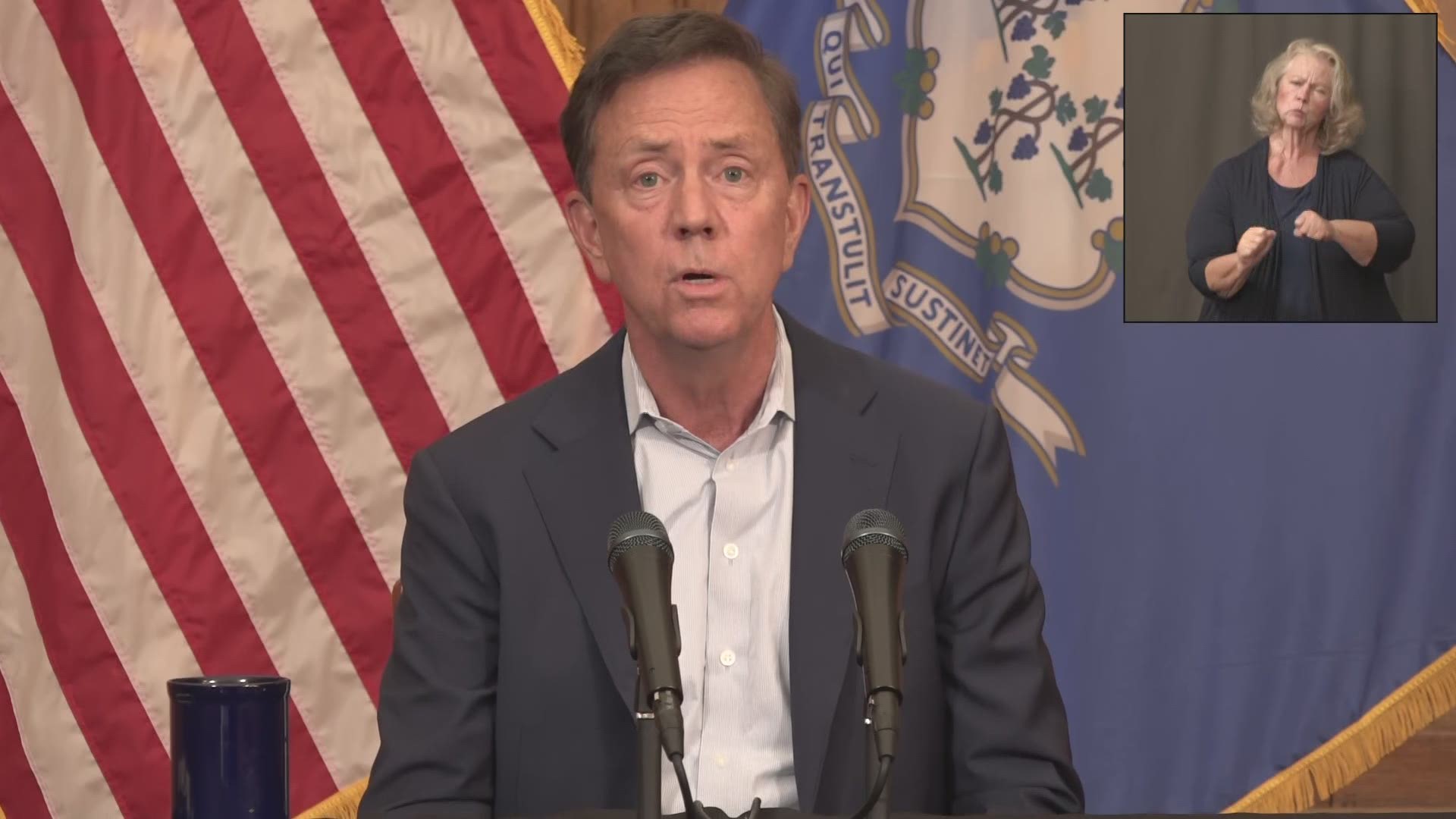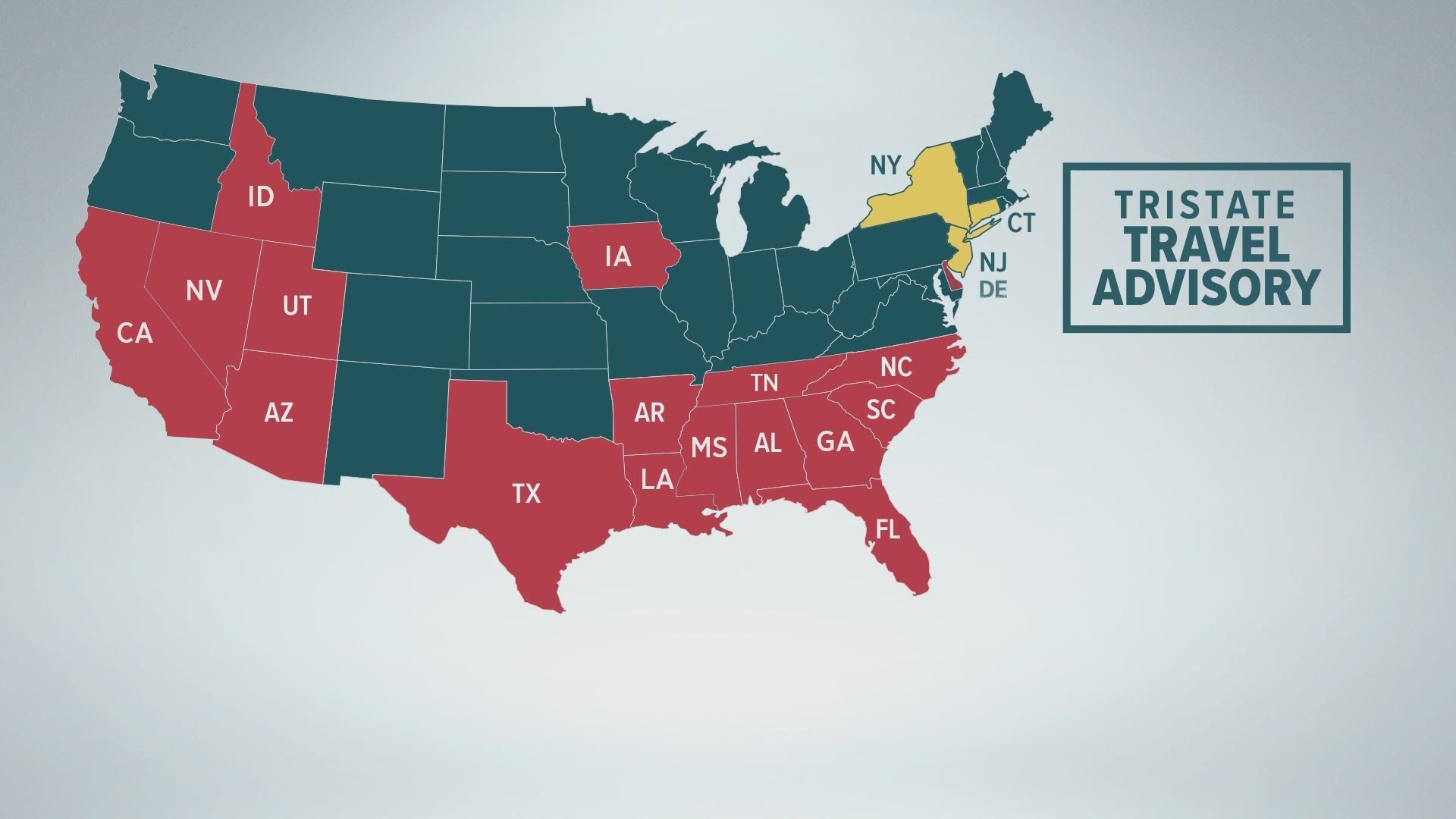HARTFORD, Conn. — Governor Lamont held a briefing Tuesday evening to address a special session of the Connecticut General Assembly.
A total of four bills will be on the table during the special session according to Governor Lamont. The special session is set to kick off early next week and will continue into the end of July.
The first bill is regarding the use of absentee ballots come November. The second is the police accountability bill that the judiciary committee has been working on over the past month. Third bill is regarding telehealth and Gov. Lamont is looking to require insurance companies to continue covering costs for virtual health visits. Lastly, a bill that would cap the cost of insulin in Connecticut.
Senate President Pro Tempore Martin M. Looney, Speaker of the House Joe Aresimowicz, Senate Majority Leader Bob Duff, and House Majority Leader Matt Ritter released a joint statement on the upcoming special session:
“Today, legislative leaders came to an agreement with Governor Lamont on four issues for the July special session of the General Assembly. While details are still being worked on and there is no agreement on final legislative language, we will take up increasing police accountability, expanding access to absentee ballots, capping the cost of insulin, and increasing access to telehealth medicine. Prior to any votes taking place in either chamber there will be informational hearings held on proposed legislation. Both the House and Senate will be taking a number of measures to protect legislators and staff during debates and votes in the special session.”
Gov. Lamont also gave a COVID Update, reporting there were eight fewer hospitalizations bringing the total down to 66. The positivity rate is under 1%. And there was one fatality.
Gov. Lamont held Tuesday’s briefing after announcing that additional states will be add to the travel advisory list. Those states are: New Mexico, Ohio, Wisconsin, and Minnesota. Delaware was removed from the list.
Governor Ned Lamont announced Monday that the state is working with New York to add new travel restrictions and rules to help prevent the spread of COVID-19.
Travelers coming to Connecticut from a COVID-19 hotspot state be required to fill out a form and provide information on where they are staying, how they will quarantine, and who they are traveling with.
The states on the list have a new daily positive rate higher than 10 per 100,000 residents or have a 10 percent positivity rate over a seven-day rolling average.


